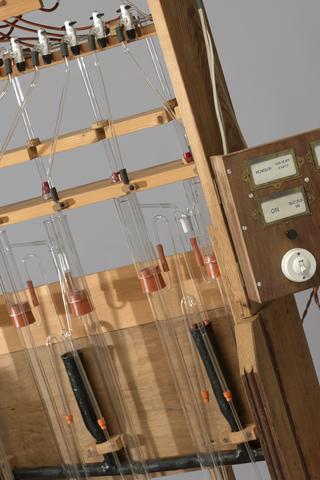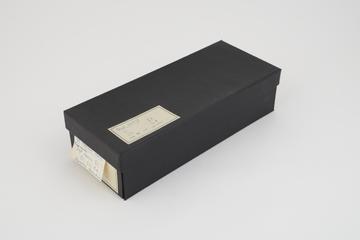
Baron Florey Florey 1898 - 1968
- occupation:
- Bacteriologist, Experimental pathologist
- Nationality:
- Australian
- born in:
- Adelaide, South Australia, Australia
Penicillin is one of the most important discoveries in medicine. However, it was not until ten years after its discovery by Alexander Fleming in 1928 that the benefits of penicillin were actually realised. Florey, along with Ernst Chain and their colleagues including Norman Heatley, was able to produce enough penicillin in 1940 to experiment with its effects on mice. They tried to persuade British drug companies to manufacture penicillin, but the Second World War (1939-45) meant that companies preoccupied with wartime production could not produce enough.
Florey and Chain turned their department at Oxford into a penicillin factory. Trials of penicillin were held at the Radcliffe Infirmary in Oxford from 1941 and were successful. Later that year Florey went to the United States to try and get some assistance with manufacturing penicillin on a large scale. A course of action which proved to be highly successful. Later, in 1943, Florey went to North Africa with neurosurgeon Hugh Cairns to find out how a small amount of penicillin could be used to treat war wounds most effectively. Many soldiers’ lives were saved by injections of penicillin.
In 1945 Florey, along with Alexander Fleming and Ernst Chain, was awarded the Nobel Prize for their work.

